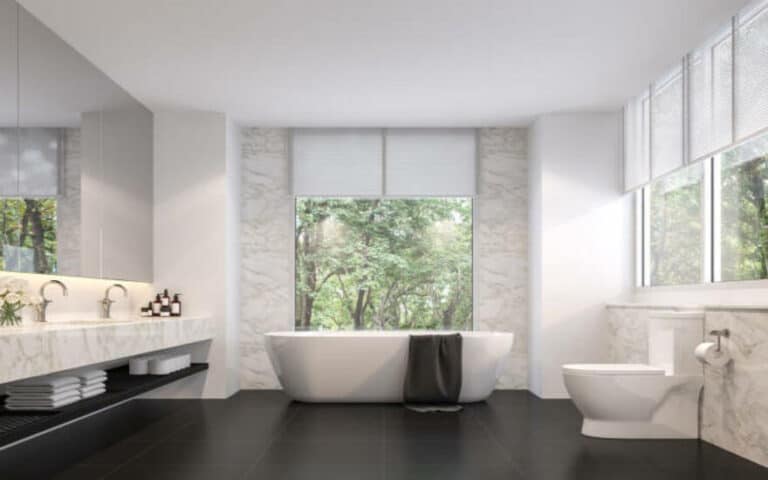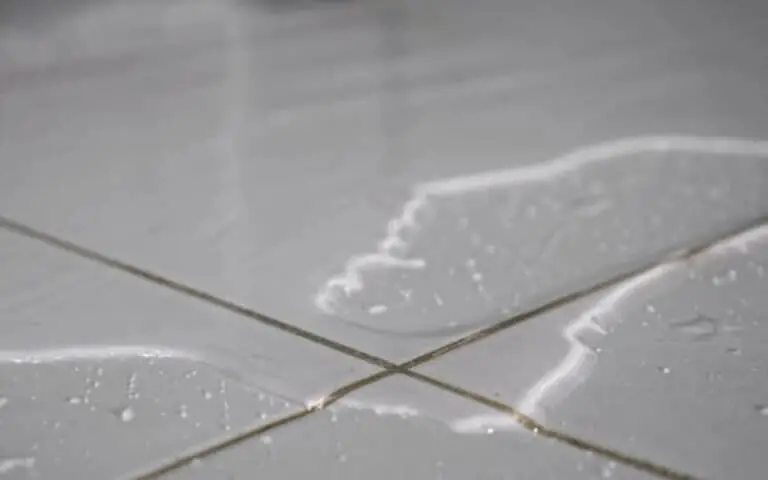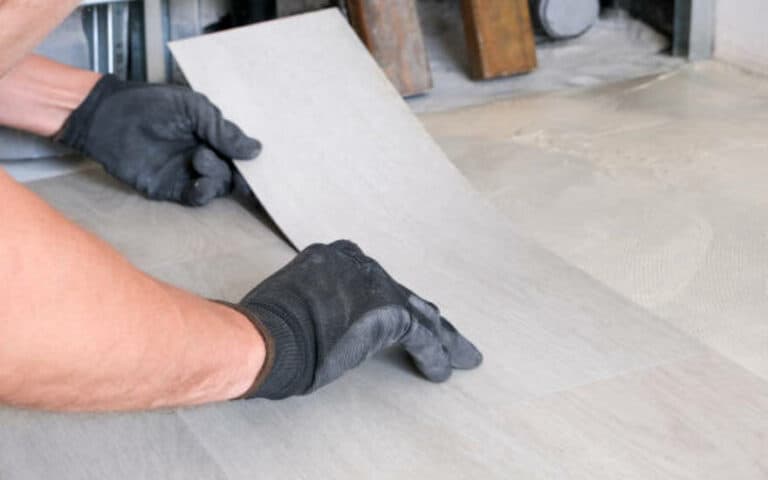I get it – making flooring decisions can be overwhelming! To help you make an informed decision, we’ve put together this blog post comparing laminate flooring to engineered wood. Read on to learn more about the advantages of each option.

Engineered Hardwood vs. Laminate: Side-by-side comparison
Choosing between engineered hardwood and laminate flooring can be a difficult decision. Both options offer a variety of benefits, so it’s important to understand the differences between them before making a final choice. To help you make an informed decision, here are ten side-by-side comparisons between engineered hardwood and laminate.
1. Durability
Regarding durability, engineered hardwood offers a much longer lifespan than laminate. Engineered wood floors have a lifespan that can easily run 30 years or sometimes much longer, while laminate flooring typically lasts between 10 and 20 years.
This makes engineered hardwood the better choice for those who want their flooring to last many years without needing to be replaced. Additionally, engineered hardwood and laminate flooring are tough and durable enough for anything a standard hardwood floor can handle.
2. Maintenance
Engineered hardwood flooring is relatively easy to maintain, requiring regular sweeping and occasional mopping. When it comes to laminate flooring, it’s even easier to keep clean since it doesn’t require any waxing or polishing.
All you have to do is regularly vacuum or sweep the floor and occasionally mop with a damp cloth. Just make sure you don’t use too much water. Laminate flooring is also less susceptible to scratches than engineered hardwood, so it is a better option if you have pets or small children.
3. Installation
When it comes to installation, both laminate and engineered hardwood offers a few different options. Laminate floors are most commonly installed using a nail-down or glue-down method, while engineered hardwood can be installed using a floating floor system. This means that the individual boards are not attached to the subfloor but are connected by a unique interlocking system.
Due to their lightweight construction, the installation process is generally easier for laminate floors. Still, the floating floor method is often preferred for engineered hardwood floors since it is less intrusive and allows easy removal.
4. Appearance
Regarding appearance, engineered hardwood floors offer a few advantages over laminate. Engineered hardwood floors have a similar construction as laminate, except the top decorative layer is a thick veneer of real wood protected by a durable finish coating. This makes engineered hardwood flooring often look more like real wood than laminate.
And there’s a great reason: It is real hardwood. The thickness of the veneer can vary but generally ranges from 1/16th to 1/12th of an inch. This allows homeowners to choose from various finishes, grains, and textures while still getting the same look and feel of solid hardwood.
5. Lifespan
When it comes to lifespan, engineered wood flooring is the clear winner. With a lifespan that can easily run 30 years or sometimes much longer, engineered wood flooring is significantly more durable than laminate flooring, with an expected lifespan of 10 to 20 years.
If cared for properly, engineered wood flooring can easily last Irish homeowners for over 30 years, while laminate flooring has a lifespan of 10-20 years. This makes engineered wood flooring a great long-term investment that can offer you decades of use and enjoyment.
6. Resale Value
Regarding resale value, engineered hardwood offers far more than laminate flooring. Engineered wood has a better resale value and lasts much longer than laminate. It can increase your home value almost as much as hardwood flooring, making it a great investment you can enjoy for years to come. Investing in a high-quality laminate floor can also moderately raise a home’s value, but not nearly as much as engineered wood.
7. Moisture Resistance
Regarding moisture resistance, engineered hardwood floors are far superior to laminate flooring. Even the most water-resistant wood flooring isn’t truly waterproof and can eventually be damaged by prolonged exposure to moisture. But engineered wood floors have a protective layer that helps them withstand more moisture than laminate floors.
This makes them an excellent choice for areas prone to moisture and humidity, such as basements and bathrooms. On the other hand, water can easily damage laminate flooring, making it less suitable for areas of the home with high moisture levels.
8. Fire Protection
Regarding fire protection, engineered hardwood has a slight edge over laminate flooring. While both materials are considered safe, engineered hardwood can resist firing better than laminate due to its top layer of solid wood. This is an important factor for many homeowners, especially those who live in areas with high fire risk or have small children.
Additionally, engineered hardwood can be treated with special fire-resistant chemicals to enhance its fire protection.
9. Costs
Regarding the cost of engineered hardwood and laminate floors, laminate is usually the more affordable option. However, you do get what you pay for. Although laminate flooring is typically cheaper than engineered hardwood, it also lacks the style and quality of hardwood.
This can be a deal breaker for some homeowners looking for something aesthetically pleasing and of higher quality. On the other hand, engineered hardwood can be expensive and requires more maintenance than laminate flooring.
10. Environmental Impact
When it comes to environmental impact, both engineered hardwood and laminate flooring offer some benefits. Engineered hardwood is a sustainable option because the solid wood veneer and plywood base of the planks are environmentally friendly.
Laminate flooring is also an eco-friendly option, as the boards are made of recycled fibers and materials that would otherwise be discarded. However, engineered hardwood is more durable than laminate, meaning it’s less likely to end up in a landfill after its lifespan.
The disadvantages of Engineered Hardwood
Engineered wood and laminate flooring are both durable, cost-effective options that can be installed in any house room. While engineered hardwood offers the look of real hardwood, it has some drawbacks. So, let’s take a look at some of the disadvantages of engineered hardwood.
1. The cost of Engineered Hardwood
The cost is an important factor when considering engineered hardwood vs. laminate flooring. Engineered wood has a higher price tag than laminate, coming in between $70 to $120 (material only) per square meter.
In contrast, laminate flooring is usually priced between $5 and $10 per square foot, including installation. Of course, there are exceptions, with some engineered hardwood flooring being much more expensive than that and some laminate flooring being slightly more expensive.
2. The Maintenance of Engineered Hardwood
Installing engineered hardwood flooring can be a tricky process that requires professional installation. However, once it is installed, it is surprisingly easy to maintain. You will want to use a vacuum or broom to sweep up any dirt and debris every once in a while, but you also need to ensure that you are using the right cleaning solution for your floor.
While laminate flooring can only be wiped down with a damp mop, engineered hardwood flooring needs to be regularly cleaned and conditioned with a specific cleaning solution. This can add time and cost to the regular maintenance of your floors.
Summary
In conclusion, compared to engineered wood, each has pros and cons when it comes to laminate flooring. Laminate is generally less expensive and easier to maintain, while engineered hardwood is made of real wood and offers a more authentic look and feel. Laminate flooring is more durable and scratch-resistant, but engineered hardwood may have better resale value in the long run. Ultimately, the decision between laminate and engineered wood comes from personal preference and budget.






